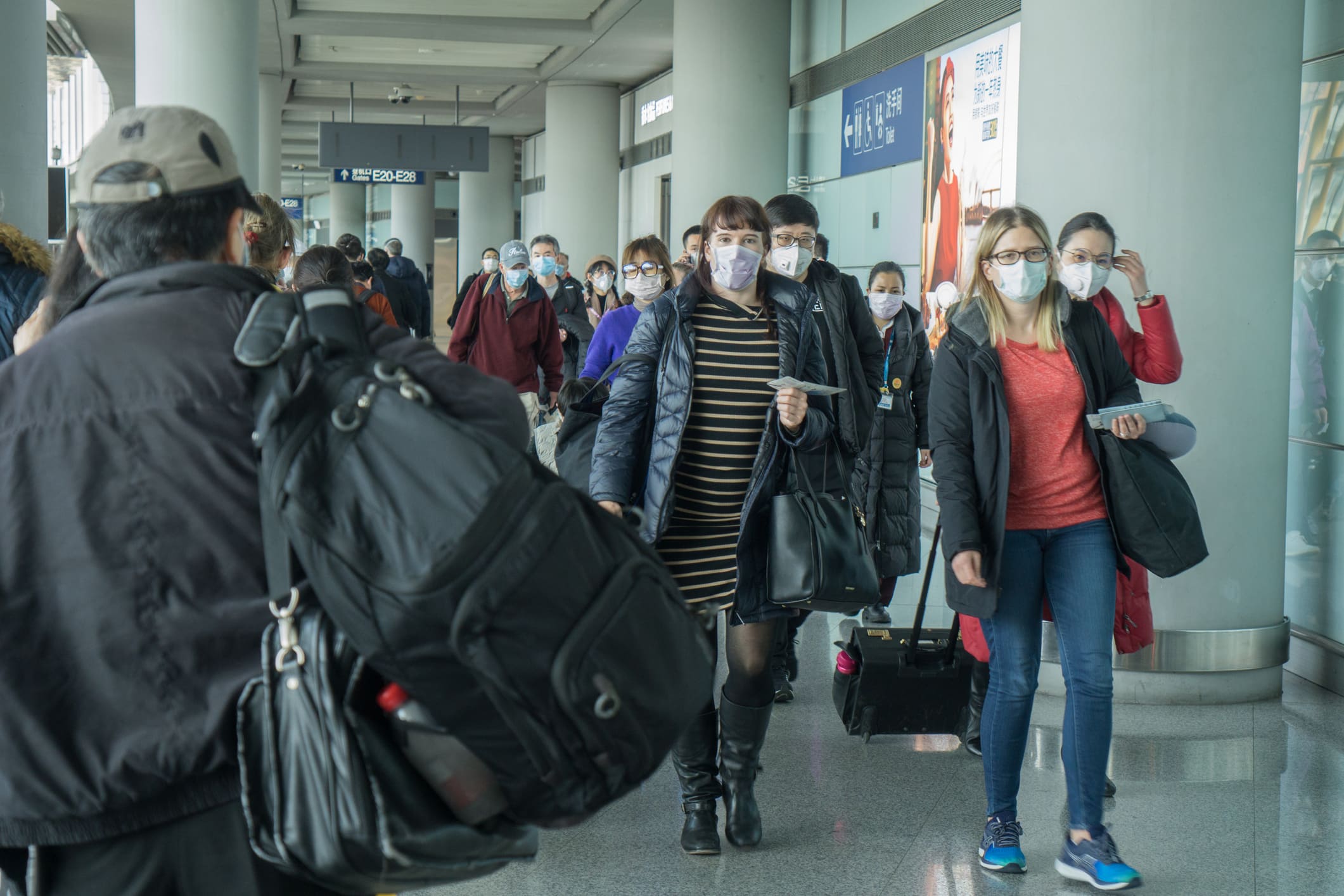The Impact of Coronavirus on Business Contracts: Tips to Minimize Risk
COVID-19 and the threat of a global coronavirus pandemic is severely impacting the U.S. economy through travel bans, commerce restrictions, voluntary shutdowns and quarantines. Resulting disruptions to supply chains and delays in contractual obligations are already occurring, and are poised to get worse. Although the ultimate scope of liability for inability to perform contracts or for delays in performance will most likely be sorted out after the fact, there are steps that parties to contracts can take when faced with a potential failure to perform that could improve their litigation or bargaining position when a claim is inevitably filed.
- Review the contract for a “force majeure” clause, which justifies time extensions or nonperformance due to unanticipated events beyond the parties’ control, such as natural disasters (hurricanes, floods), terrorism or labor strikes. Also, review the contract and the circumstances for other possible Uniform Commercial Code or
impossibility/impracticability defenses. However, in all situations, nonperformance or delays will not be excused merely because performance is difficult or unprofitable; the delay or nonperformance must result from events that are truly unanticipated and beyond the parties’ control. - Actively monitor all governmental and legislative instructions or updates to timely address impacts to contractual performance. Aligning your conduct with such guidelines may not be a surefire safe harbor from liability, but it will allow you to claim that any actions you take are reasonable under the circumstances.
- If delays or nonperformance are inevitable, provide timely written notice to the non-breaching party. At a minimum, check to see whether the contract itself provides timing and notice requirements. If not, act as soon as practicable. When possible, efforts should also be made to partially perform the contract, or to mitigate any damages or delays.
- Strategically draft new contract language or modify terms and conditions to address pandemic-related rights, remedies and procedures. To the extent possible, “force majeure” clauses should include a reference to pandemics or epidemics, or similar language
- Openly communicate with all parties regarding public health impacts on contractual performance, and make every effort to develop mutually-agreeable resolution procedures.
The appropriate action will depend heavily on the language in each contract. No “one size fits all” solution exists, although future guidance will undoubtedly develop through business litigation relating to the coronavirus outbreak. Until then, an informed, proactive approach is important to managing a public health crisis like the one at hand.


